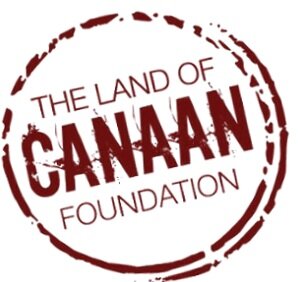
Update on Beehives
Bees are organic pollination which helps increase almond yield. That leads to a stable income for the farmer, a great benefit. Almonds are a high value crop for Palestinian farmers, with a demand that makes them equal to olives in value!
However, not everyone is suited to becoming a beekeeper, CORE found out. So they are also supplying seasonal beehives to almond farmers who are not going to become beekeepers. The resulting pollination of their crops has the same positive impact on farmer livelihood whether they keep their own bees or rent them.
This leads to additional beneficiaries - more farmers overall can be served, plus the master beekeepers are developing a pollination business in addition to their existing honey business. All this improves many more lives in farming communities. It can lead to an independent Palestinian economy.
WANT TO HELP? Choose Plant Biodiversity from the drop down donation menu, then choose Beehives in the memo line. You can taste the honey! Canaan Palestine sells Sweet Olive spread.
HISTORY: A total of 40 farmer beneficiaries were chosen by a committee from CORE and the PFTA in the first phase of this project in 2018. Each farmer received two hives, a mother hive and a split hive. Initial workshops were followed by extension visits to each farm. Follow the story below in pictures:
Splitting and preparing the beehives for delivery to Palestinian farmers
The supplier was chosen in February based on technical knowledge and price. Beehive farm shown above. He immediately started to work splitting and preparing the beehives for delivery, below.
Beehive farm in Palestine
Farmers received additional training on beekeeping, extension visits, and followup. The plan is to increase the number of beehives for each farmer by dividing the mother hives, so each farm has 4-6 hives for the next blossom season.
More hives per farmer leads to higher pollination of almonds, which results in higher tree production, higher quality, and higher revenue. And, farmers will harvest higher quantity of high nutrition honey for their families, and selling the excess will be an additional source of income for their families.






